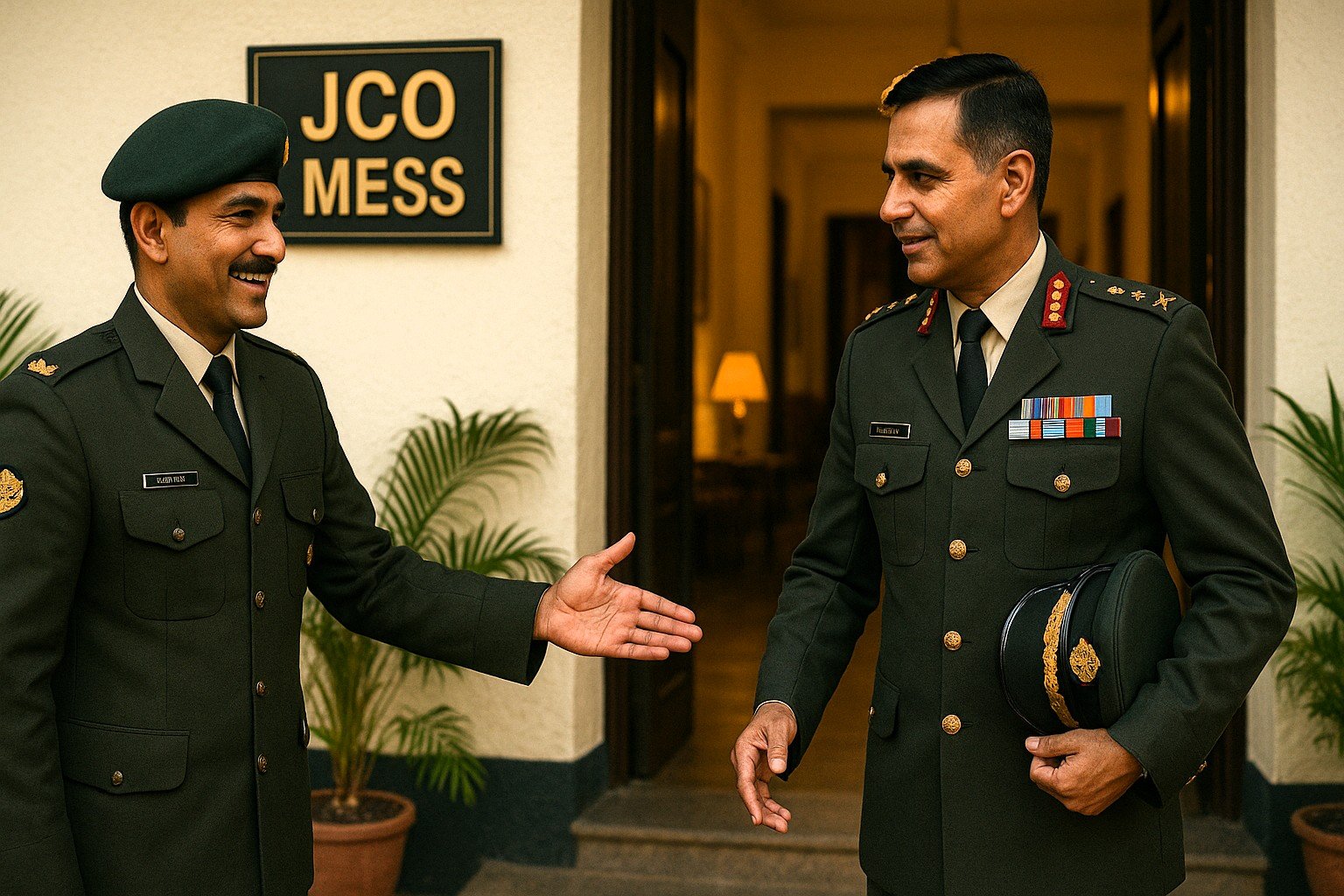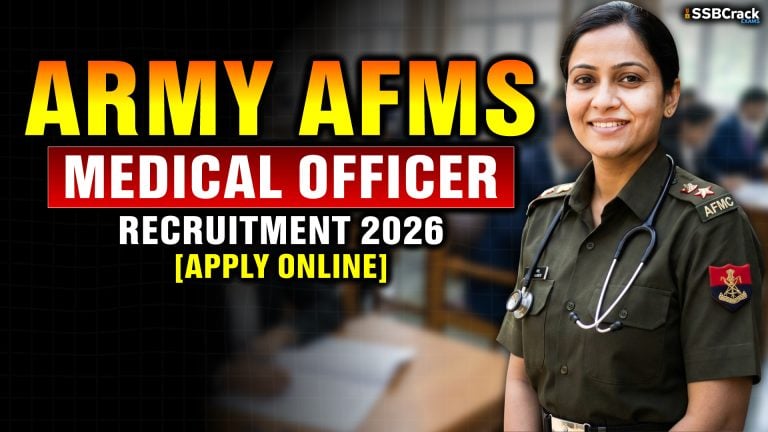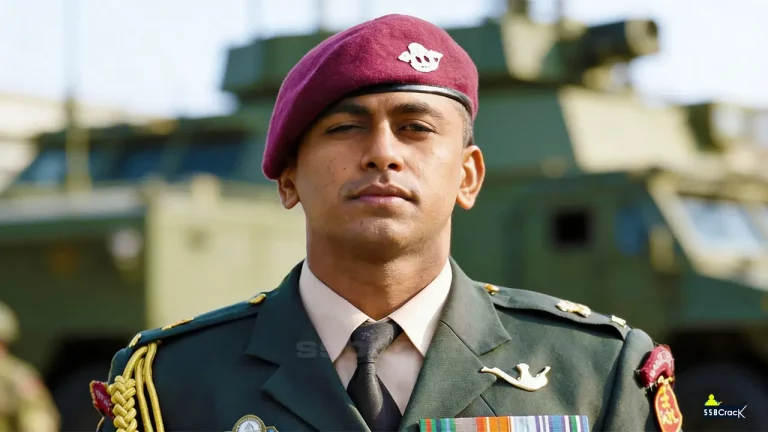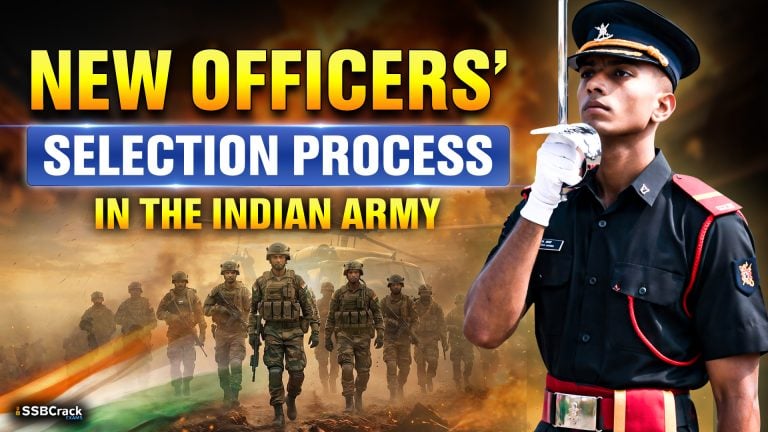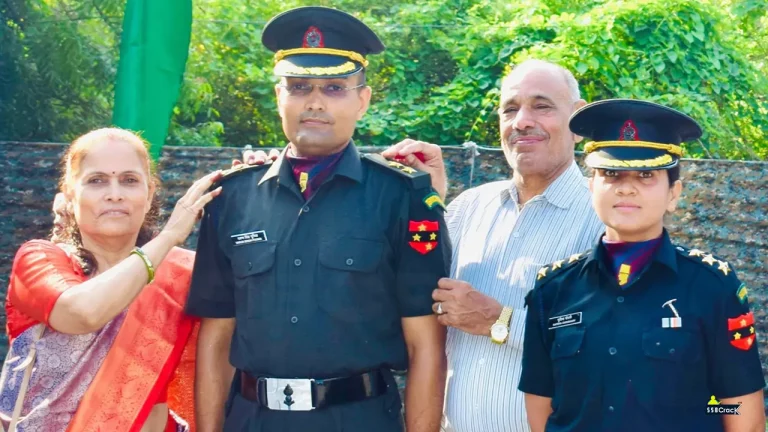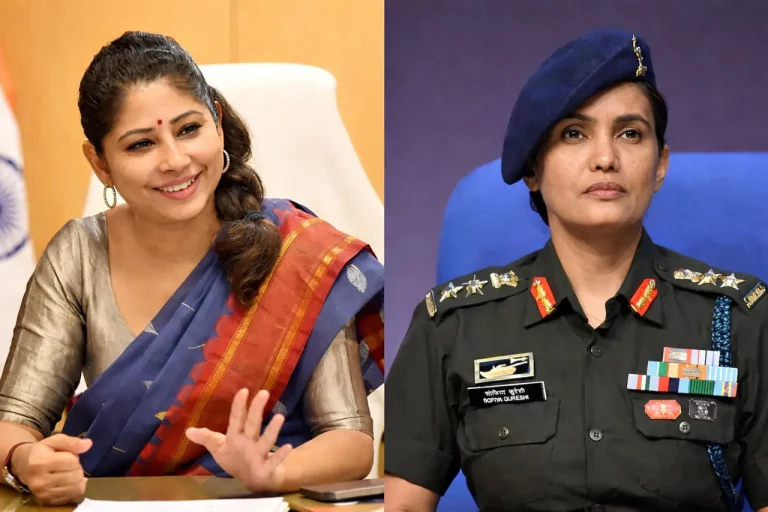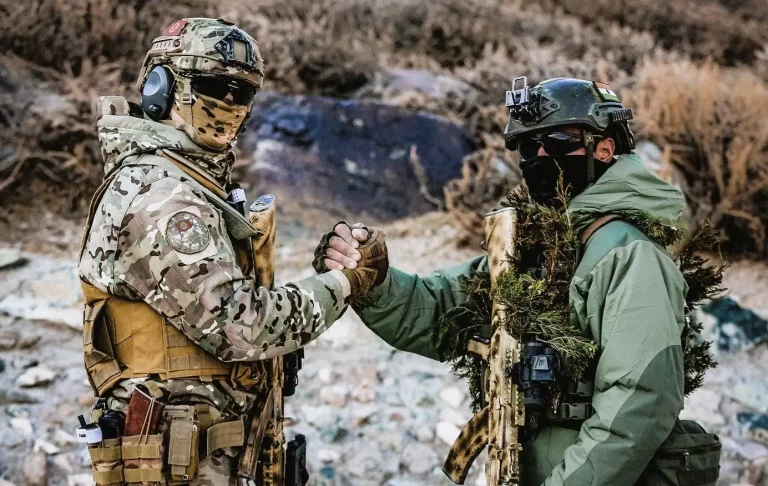The invitation extended by Junior Commissioned Officers (JCOs) to Indian Army officers on Independence Day, 15 August, is far more than a ceremonial get-together. It is a deeply symbolic tradition that bridges ranks, strengthens camaraderie, and reflects the Indian Army’s unique ethos. Rooted in history, this custom blends a grassroots patriotic gesture with institutional reinforcement, ensuring that the spirit of unity remains alive across the chain of command.
This reciprocal exchange — where JCOs host officers on Independence Day and officers host JCOs on Republic Day — temporarily dissolves the rigid military hierarchy, creating an environment of mutual respect and informal dialogue. Far from being a relic, it is an evolving practice that continues to shape morale, discipline, and cohesion within the Army.
The Importance of Tradition in the Indian Army
Traditions and rituals in the military are not just nostalgic customs — they are essential tools for discipline, morale, and shared identity. From regimental insignia to formal mess dinners, each ritual binds soldiers to the history and values of their unit.
Many Indian Army traditions have roots in the British Raj but have since been adapted to reflect post-independence values. Among them, the Independence Day invitation to the JCO Mess stands out as a unique blend of history, hierarchy, and national pride — an event that celebrates unity above rank.
The Historical Origins: A Gesture That Became Tradition
In the early years after 15 August 1947, the Indian Army was in a transitional phase — adapting from colonial heritage to a truly national force. On the very first Independence Day, JCOs — who were all Indian — invited their officers, most of whom were still British, to their mess for a celebration.
This was not an order from above but a grassroots act of unity, asserting ownership of the institution and forging bonds in the spirit of freedom. Recognising the value of this gesture, General K.M. Cariappa, the first Indian Chief of Army Staff (1949), formalised it. He introduced a reciprocal tradition: officers would invite JCOs to the Officers’ Mess on Republic Day.
This two-way arrangement created a balanced social contract, combining spontaneous patriotism with structured institutional design.
The Role of JCOs in the Indian Army
JCOs occupy a unique position in the Army hierarchy — a legacy of the British Raj found mainly in South Asian militaries. They are not enlisted personnel but warrant officers and gazetted officers, holding status equivalent to Group B Gazetted Officers in the Government of India.
Table 1: JCO Rank Hierarchy and Responsibilities
| Rank | Promotion Source | Primary Responsibilities |
|---|---|---|
| Subedar Major | From Subedar | Senior-most JCO, advisor to the Commanding Officer, custodian of traditions, mentor |
| Subedar | From Naib Subedar | Day-to-day troop supervision, training, administration |
| Naib Subedar | From Havildar | Liaison between officers and jawans, morale, welfare, administrative duties |
JCOs are the critical bridge between commissioned officers and jawans, ensuring discipline, welfare, and smooth operations. Their role as custodians of tradition makes the cross-mess invitations both symbolic and practical.
The Reciprocal Ritual: Independence Day & Republic Day
The tradition operates in two annual events:
On Independence Day (15 August):
- JCOs invite officers to their mess.
- The atmosphere is informal, with rank set aside.
- Attendees wear regimental mufti, enjoy shared meals, and engage in free interaction.
On Republic Day (26 January):
- Officers invite JCOs to the Officers’ Mess.
- This reinforces mutual respect and closes the loop of the social exchange.
Table 2: The Reciprocal Tradition Calendar
| Event | Hosts | Guests | Venue |
|---|---|---|---|
| Independence Day (15 Aug) | JCOs | Officers | JCO Mess |
| Republic Day (26 Jan) | Officers | JCOs | Officers’ Mess |
Notably, the Independence Day JCO Mess event coincides with the President of India’s announcement of gallantry awards and honorary commissions for deserving JCOs. This creates a powerful link between formal recognition at the national level and informal celebration at the unit level.
Beyond the Mess: Building the Fauji Family
The JCO–officer mess tradition is part of a broader leadership philosophy that values informal interaction as a means to strengthen bonds. The Bada Khana tradition — shared meals between officers and soldiers on special occasions — serves the same purpose: reinforcing unity, trust, and mutual respect.
In military operations, the trust built over these informal occasions is as vital as formal training. When soldiers and officers “fight shoulder to shoulder,” their shared history of respect and camaraderie strengthens mission success.
A Global Comparison: Why the Indian Model Stands Out
While many militaries have mess traditions — such as the US “dining-in” events or British regimental dinners — these are usually rank-segregated. The Indian Army’s structured, reciprocal, cross-rank invitations on national holidays appear to be unique.
Western military analysts have described the officer–enlisted divide as an outdated relic. The Indian system addresses this gap head-on, using symbolic national events to reinforce unity and meritocracy.
Conclusion: A Living Legacy of Unity
The tradition of inviting officers to the JCO Mess on Independence Day is more than a courtesy — it is a carefully nurtured institution that strengthens the Army’s core values.
By combining a grassroots patriotic gesture from 1947 with the formal design introduced by General Cariappa, the Indian Army has created a self-sustaining bond of respect. The synchronisation with national awards ceremonies further reinforces the dignity and honour of service at all ranks.
This custom is a living embodiment of the Army’s motto — “Sewa Paramo Dharma” (Service Before Self) — ensuring that unity, respect, and the spirit of family remain at the heart of India’s defence forces.
